The Digital Divide in Hampton Roads [Infographic]

by John Egan
January 30, 2017
In January 2017, a war of words erupted over high-speed broadband internet service in Virginia.
On one side are Virginia lawmaker Kathy Byron, internet service provider Cox Communications, and business groups such as the Virginia Cable Telecommunications Association and the Virginia Chamber of Commerce. They’re pushing legislation sponsored by Byron -- the Virginia Broadband Deployment Act -- that they say would expand the availability of broadband service throughout Virginia, especially in rural areas.
On the other side are critics such as members of the city councils in Virginia cities like Chesapeake, Newport News and Virginia Beach. Opponents maintain Byron’s bill would effectively kill efforts to build city-owned broadband networks.
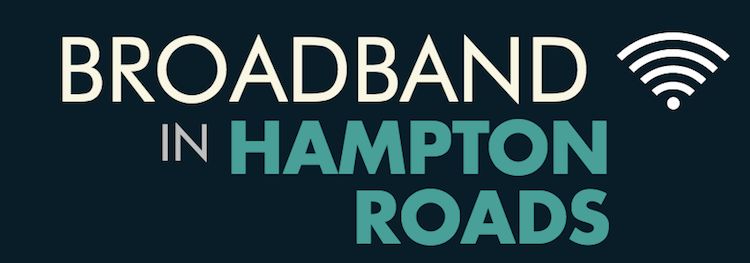
Broadband Breakdown
Since we’re a Virginia-born startup that depends heavily on the internet, we decided to dig into data from the U.S. Census Bureau’s 2015 American Community Survey to find out about the prevalence of broadband internet service in the four biggest cities in the Hampton Roads region: Chesapeake, Newport News, Norfolk and Virginia Beach. The bureau released the data in September 2016.
The city-by-city figures you’ll see in the infographic below align with national trends regarding broadband internet service. Across the country, household adoption of broadband service varies by factors such as age, household income, and racial and ethnic background, according to the Pew Research Center. The same holds true in the four biggest cities in the Hampton Roads area: Almost across the board, low-income, black, unemployed, over-65 and lesser-educated residents have less access to household broadband than residents in other categories do, meaning they fall into the so-called “digital divide.”
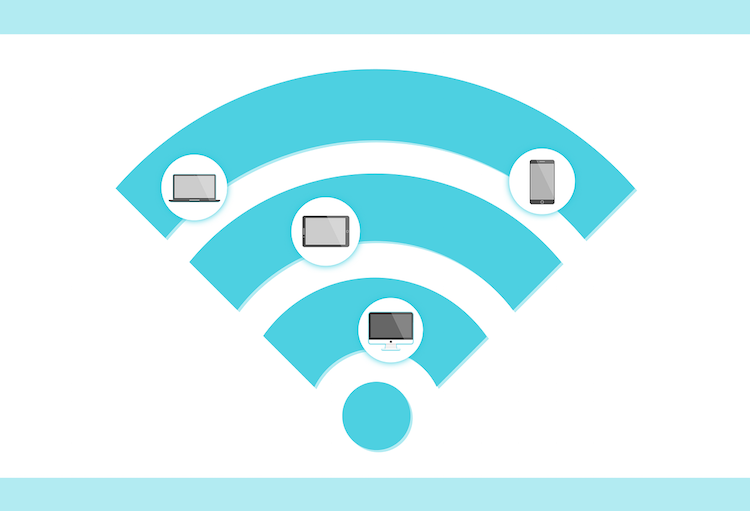
Experts say the cost -- roughly $50 a month -- deters many people from subscribing to broadband service at home. But Pew offers another reason: As of November 2016, a little over 1 in every 10 Americans said they depend on their smartphones for online access and, therefore, don’t need broadband service at home.
Acknowledging the unevenness in broadband internet access around the Old Dominion State, the Virginia Office of Telework Promotion and Broadband Assistance says all communities in Virginia should have “equal and affordable access to broadband telecommunications.”
“Broadband networks are the first enabling technology since electricity to fundamentally impact society to such a great extent that it is now viewed in economic development circles as ‘critical infrastructure.’ Access to broadband provides communities with the foundation necessary for economic growth and a sustainable quality of life,” the broadband office says.

Add me to your site! (copy the code below)
Related Posts
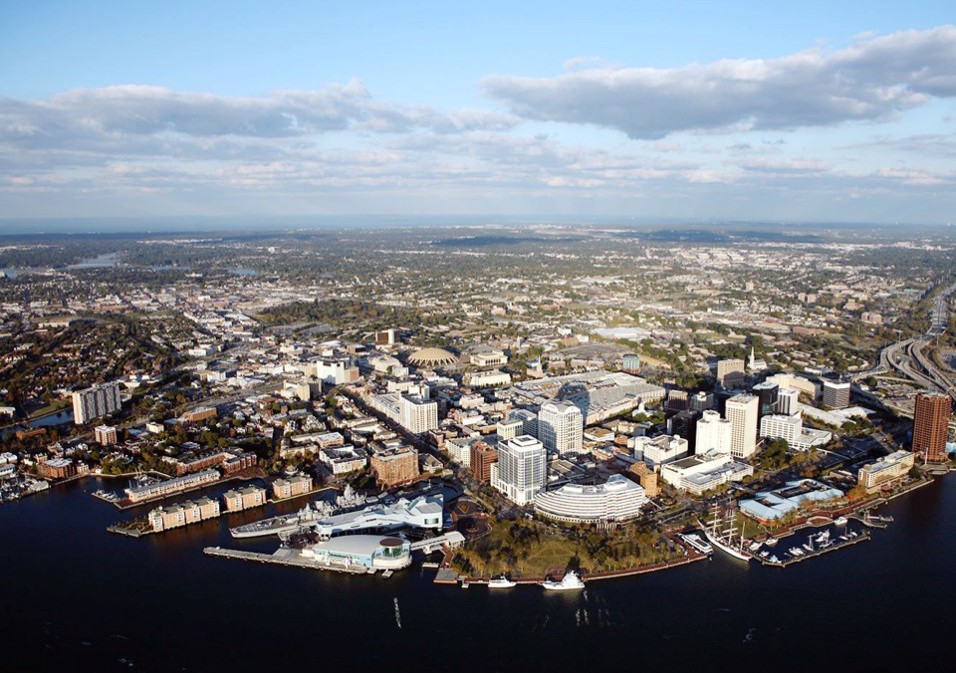
Which Metros Send the Most New Residents to Hampton Roads?
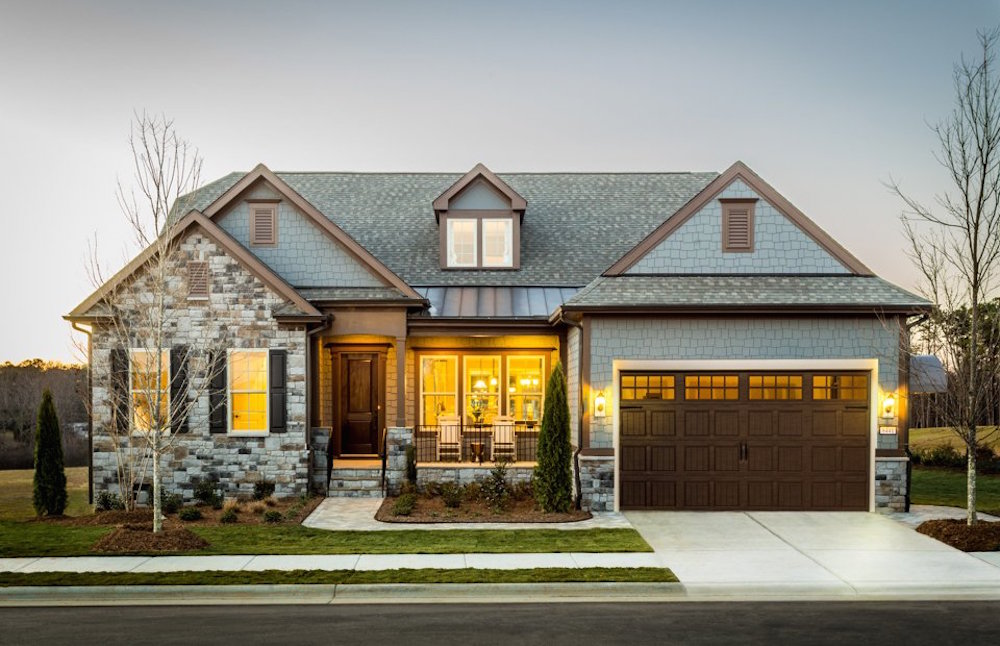
A Peek Inside the Businesses of Hampton Roads
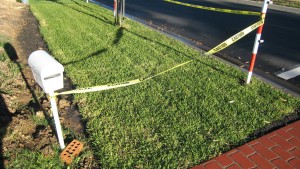
5 Tips for Establishing a New Lawn in VA Beach
LawnStarter is Virginia Beach's most convenient lawn care service
Easy 5 minute booking
Virginia Beach's top-rated lawn pros
Online account management